Swipha Amlodipine 10mg Tablet contains amlodipine besylate, a long-acting calcium channel antagonist. This medication effectively manages hypertension and angina by relaxing blood vessels and improving blood flow.
Uses
Swipha Amlodipine 10mg Tablet treats hypertension (high blood pressure), chronic stable angina pectoris, and vasospastic (Prinzmetal’s) angina. It may also be prescribed for certain patients with coronary artery disease and can be used alone or in combination with other antihypertensive medications.
Benefits
- Effectively lowers and controls blood pressure
- Reduces frequency and severity of angina attacks
- Once-daily dosing improves medication compliance
- Extended duration of action provides 24-hour coverage
- Minimal effects on cardiac conduction
- Well-tolerated in elderly patients
- Can be used with other antihypertensive medications
- Effective in various patient populations
How It Works
Swipha Amlodipine 10mg Tablet works by blocking calcium channels in blood vessel walls and heart muscle. This inhibits calcium ions from entering these cells, causing blood vessels to relax and widen, which reduces peripheral resistance and lowers blood pressure. In angina, improved blood flow to the heart muscle reduces oxygen demand and relieves chest pain.
Duration of Action
The antihypertensive effect of Swipha Amlodipine begins within 24-48 hours of initial administration with maximum effects achieved after 1-2 weeks of continuous treatment. Its long plasma half-life of 30-50 hours provides consistent 24-hour blood pressure control with once-daily dosing.
Dosage
| Condition | Recommended Dosage | Frequency |
|---|---|---|
| Hypertension | 5-10mg | Once daily |
| Angina | 5-10mg | Once daily |
| Elderly patients | Start with 5mg | Once daily |
| Hepatic impairment | Start with 2.5mg | Once daily |
Warnings
Swipha Amlodipine 10mg Tablet should be used with caution in patients with severe aortic stenosis, heart failure, or severe hepatic impairment. Abrupt discontinuation may worsen angina symptoms. Not recommended for use during acute heart attack or in cardiogenic shock.
Side Effects
Common side effects include peripheral edema (swelling of ankles and feet), dizziness, flushing, headache, fatigue, and palpitations. Less common effects may include nausea, abdominal pain, somnolence, and muscle cramps. Most side effects are mild to moderate and often diminish with continued treatment.
Pregnancy and Breastfeeding
Limited data exists regarding amlodipine use during pregnancy. Use only when potential benefits outweigh risks. Amlodipine passes into breast milk. Consider the benefits of breastfeeding, the mother’s clinical need for amlodipine, and potential adverse effects on the breastfed child.
Interactions
- Beta-blockers (may enhance hypotensive effects)
- CYP3A4 inhibitors (may increase amlodipine levels)
- CYP3A4 inducers (may decrease amlodipine effectiveness)
- Other antihypertensives (additive blood pressure lowering)
- Simvastatin (may increase statin exposure)
- Sildenafil and other PDE5 inhibitors (enhanced hypotensive effects)
- Grapefruit juice (increased drug concentration)
Precautions
Take Swipha Amlodipine 10mg Tablet at the same time each day to maintain consistent blood pressure control. Monitoring blood pressure regularly is important, especially when starting or adjusting dose. Avoid sudden position changes to prevent dizziness. Inform healthcare providers about all other medications being taken.
Important Information
Swipha Amlodipine 10mg Tablet controls but does not cure hypertension or angina. Continue taking it even when feeling well. Blood pressure control is essential for preventing complications such as stroke and heart attack. Lifestyle modifications including diet, exercise, and smoking cessation should complement medication therapy for optimal results.
Product Image Highlights
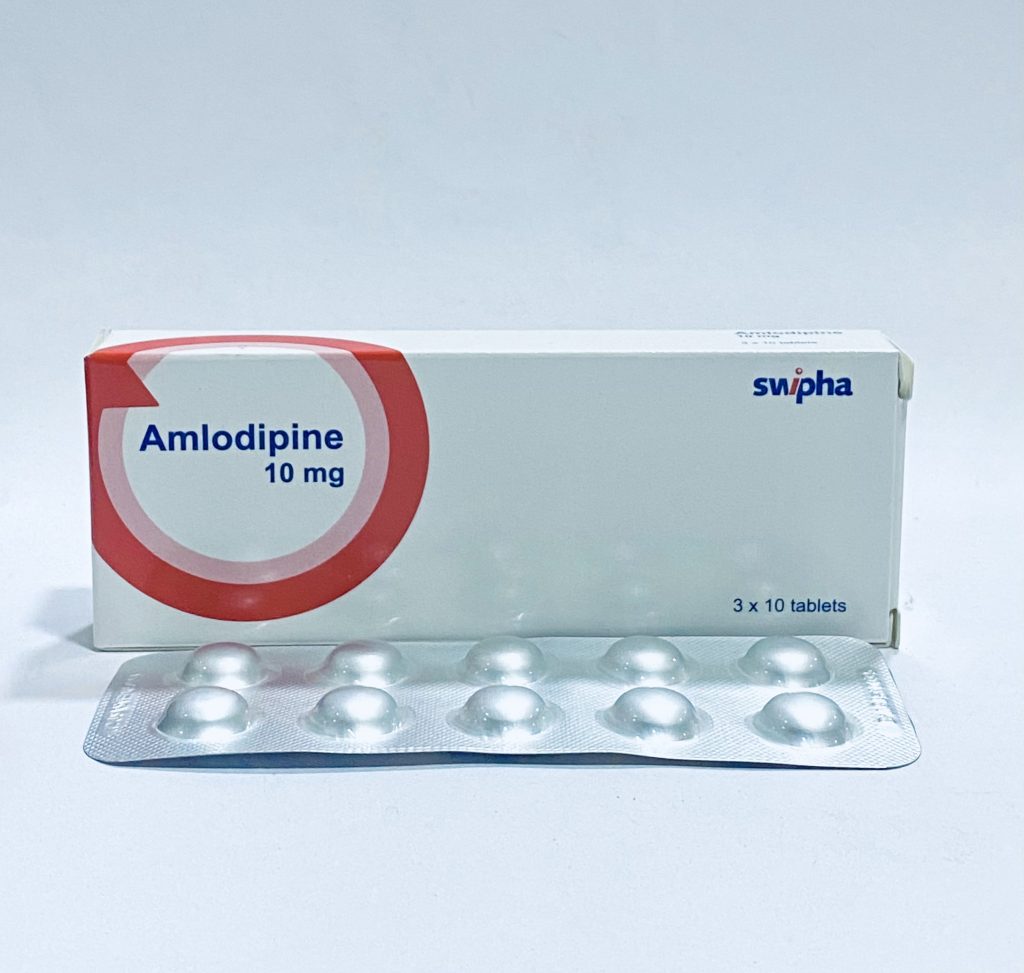
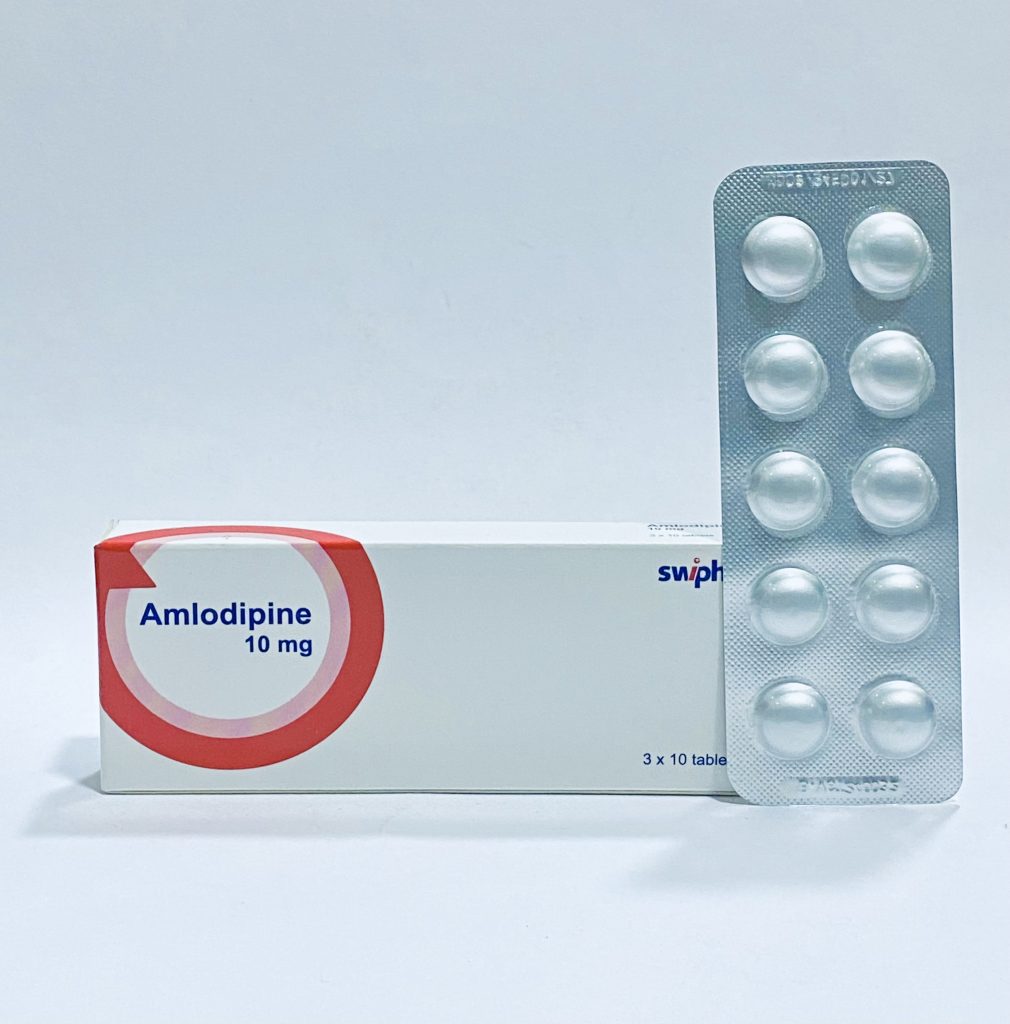
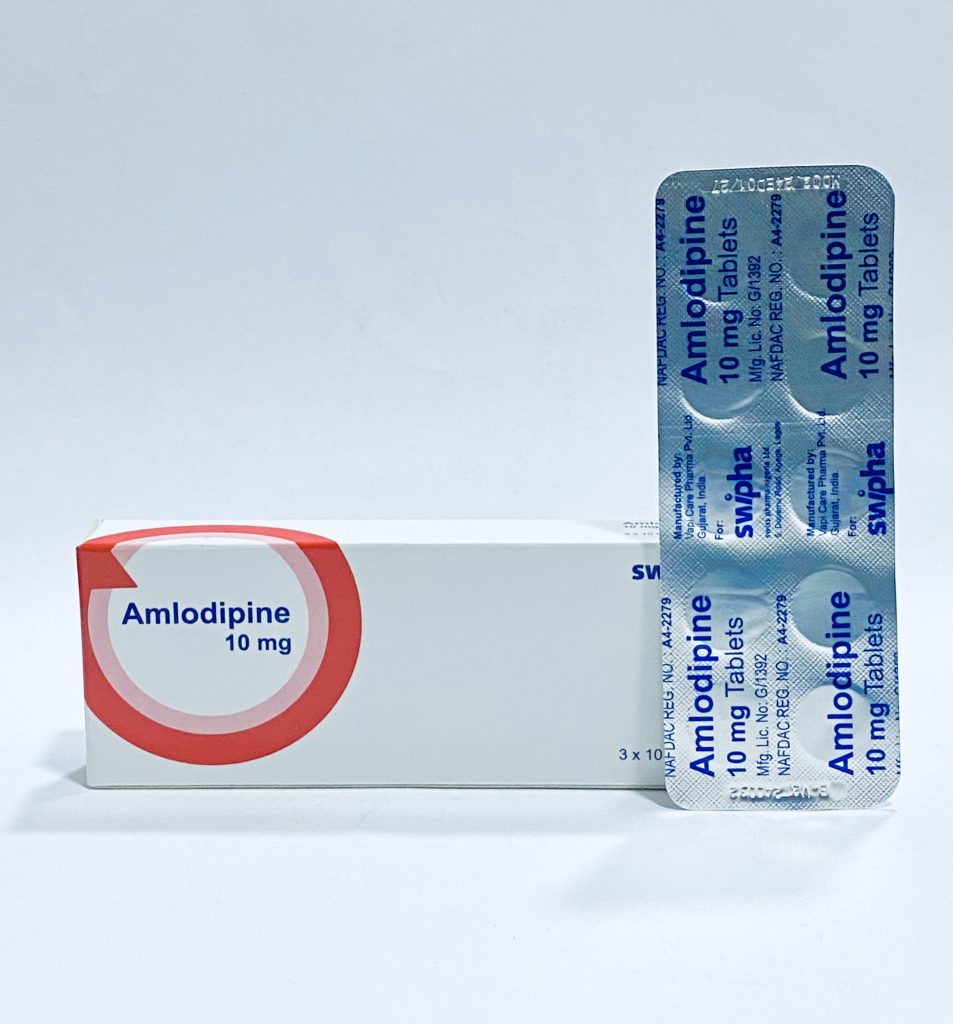
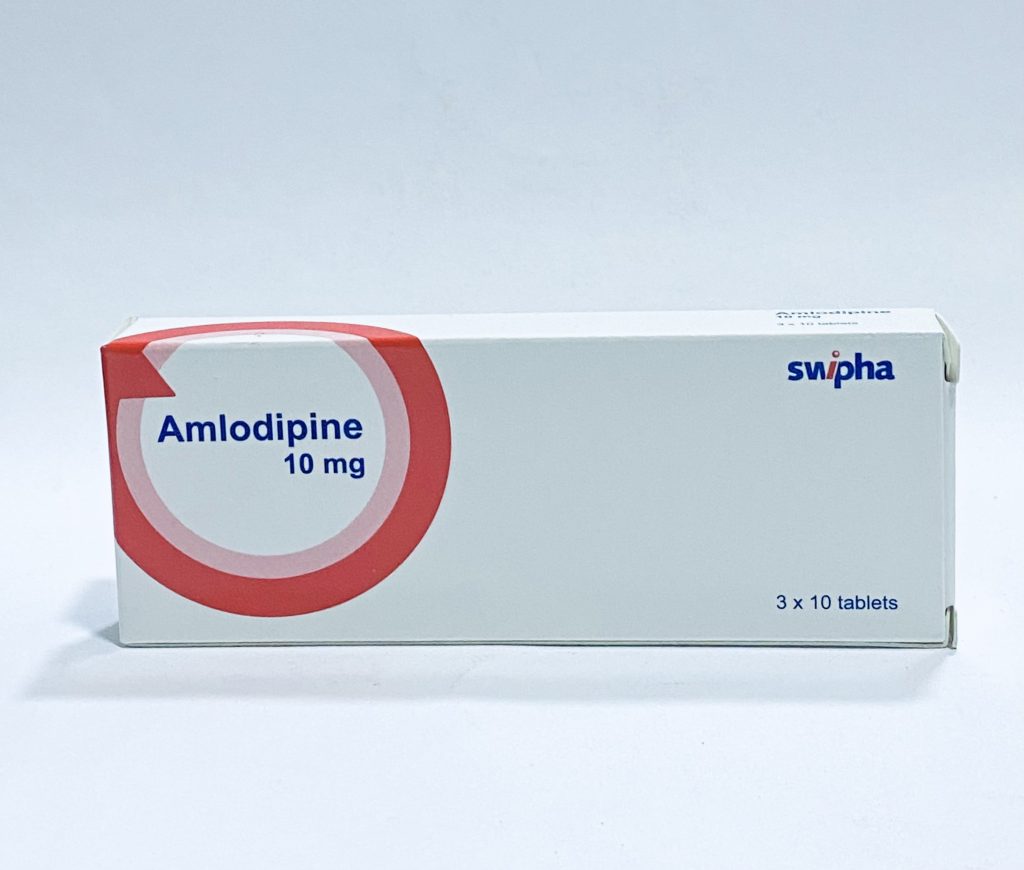
Customer questions & answers
There are no questions yet. Be the first to ask a question about this product.
Handpicked for Your Needs
-
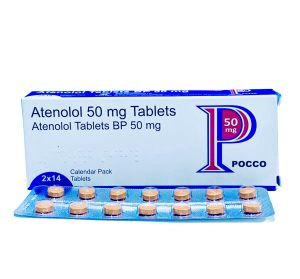 ₦5,000.00Rated 0 out of 5
₦5,000.00Rated 0 out of 5Pocco Atenolol 50mg Tablet is used to treat hypertension, angina...
-
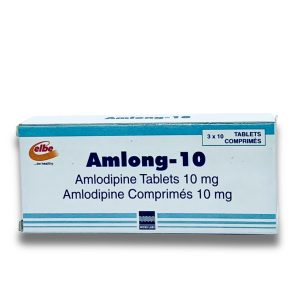 ₦4,000.00Rated 0 out of 5
₦4,000.00Rated 0 out of 5Amlong-10mg Tablet is used to treat high blood pressure (hypertension),...
-
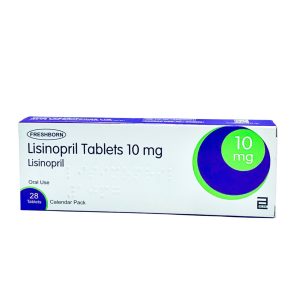 ₦2,500.00Rated 0 out of 5
₦2,500.00Rated 0 out of 5Freshborn Lisinopril 10mg Tablet is used to treat high blood...
-
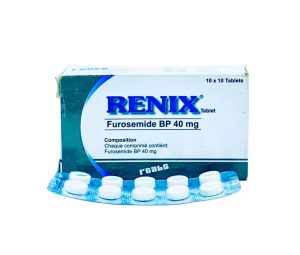 ₦10,000.00Rated 0 out of 5
₦10,000.00Rated 0 out of 5Renix Tablet 40mg is used to treat fluid retention (edema)...

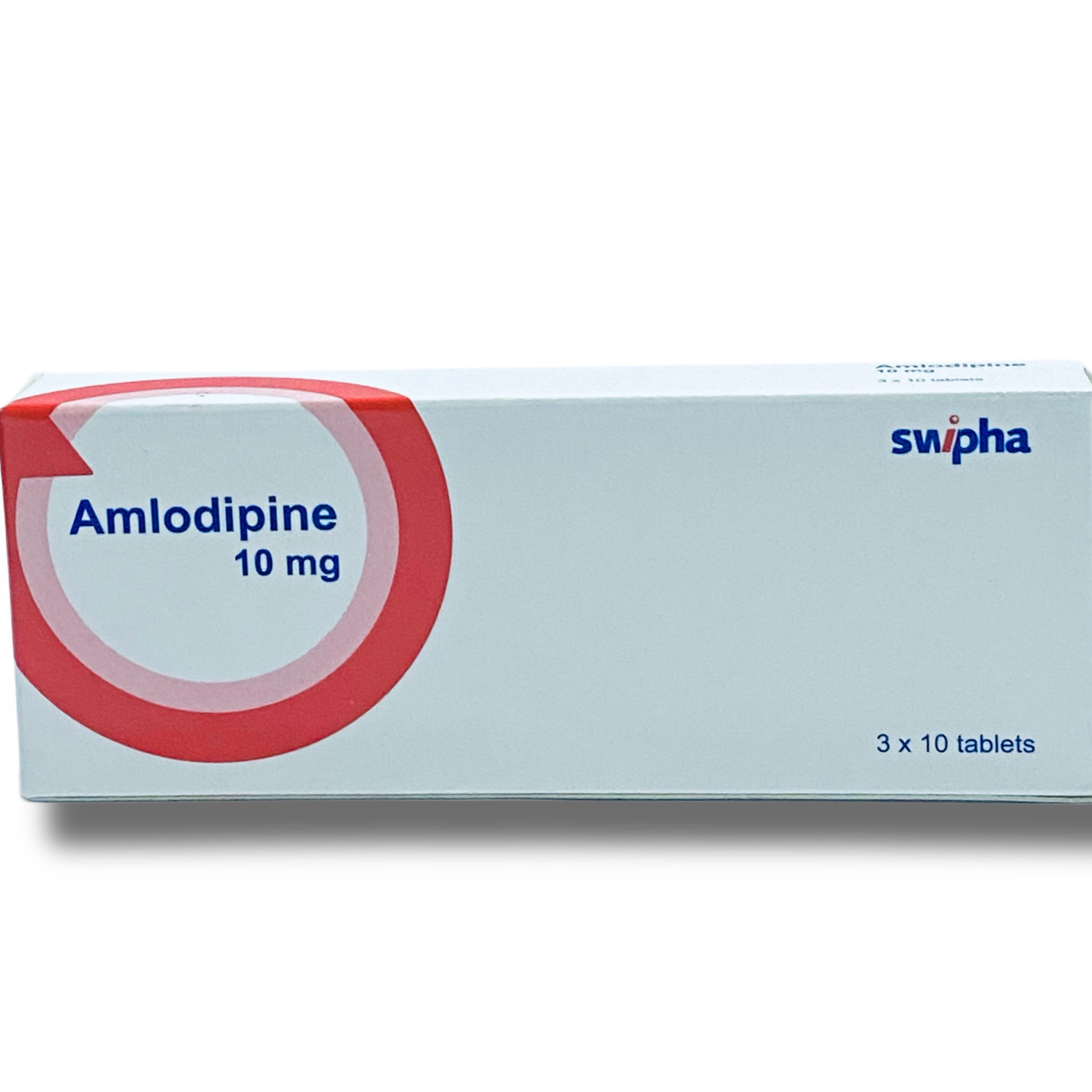
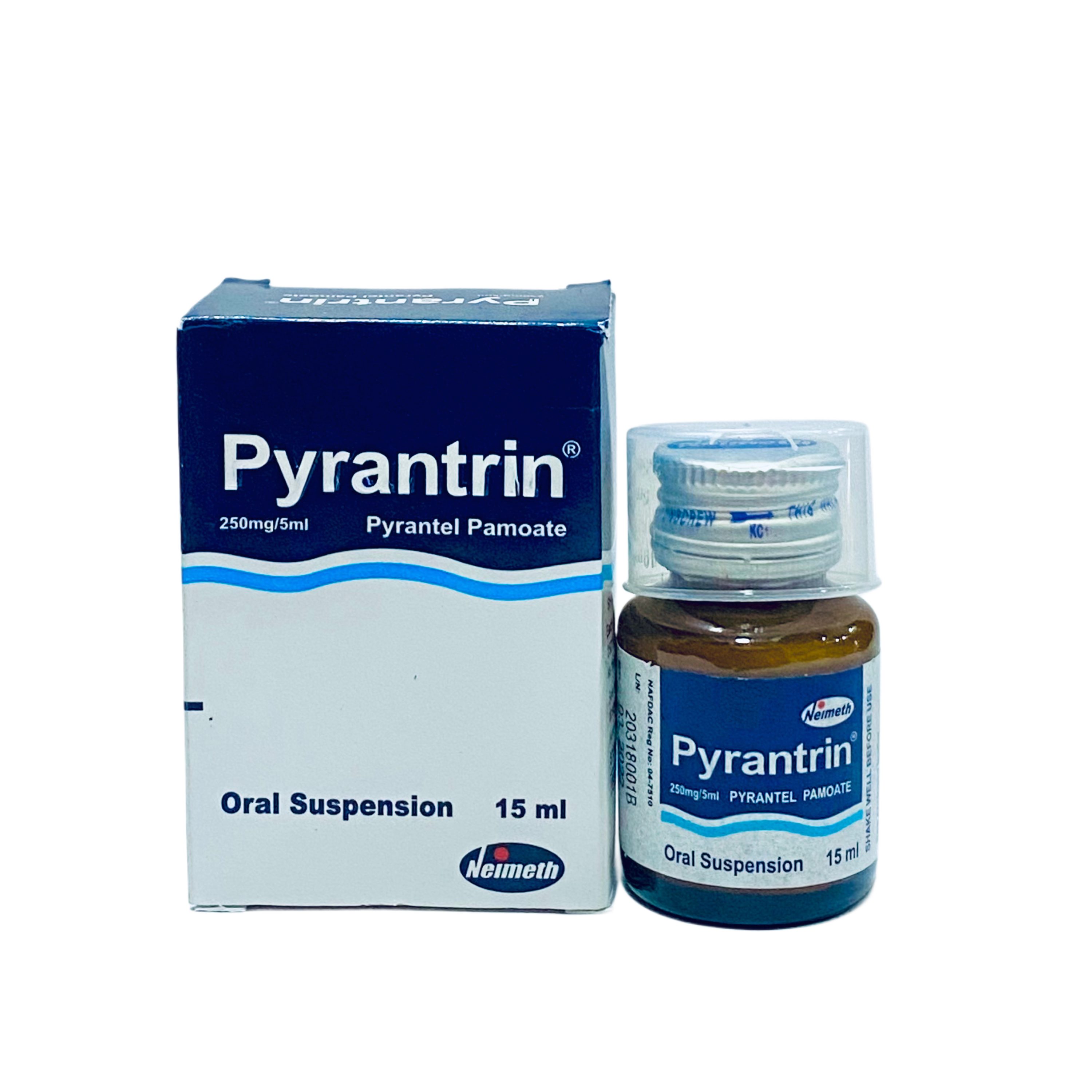
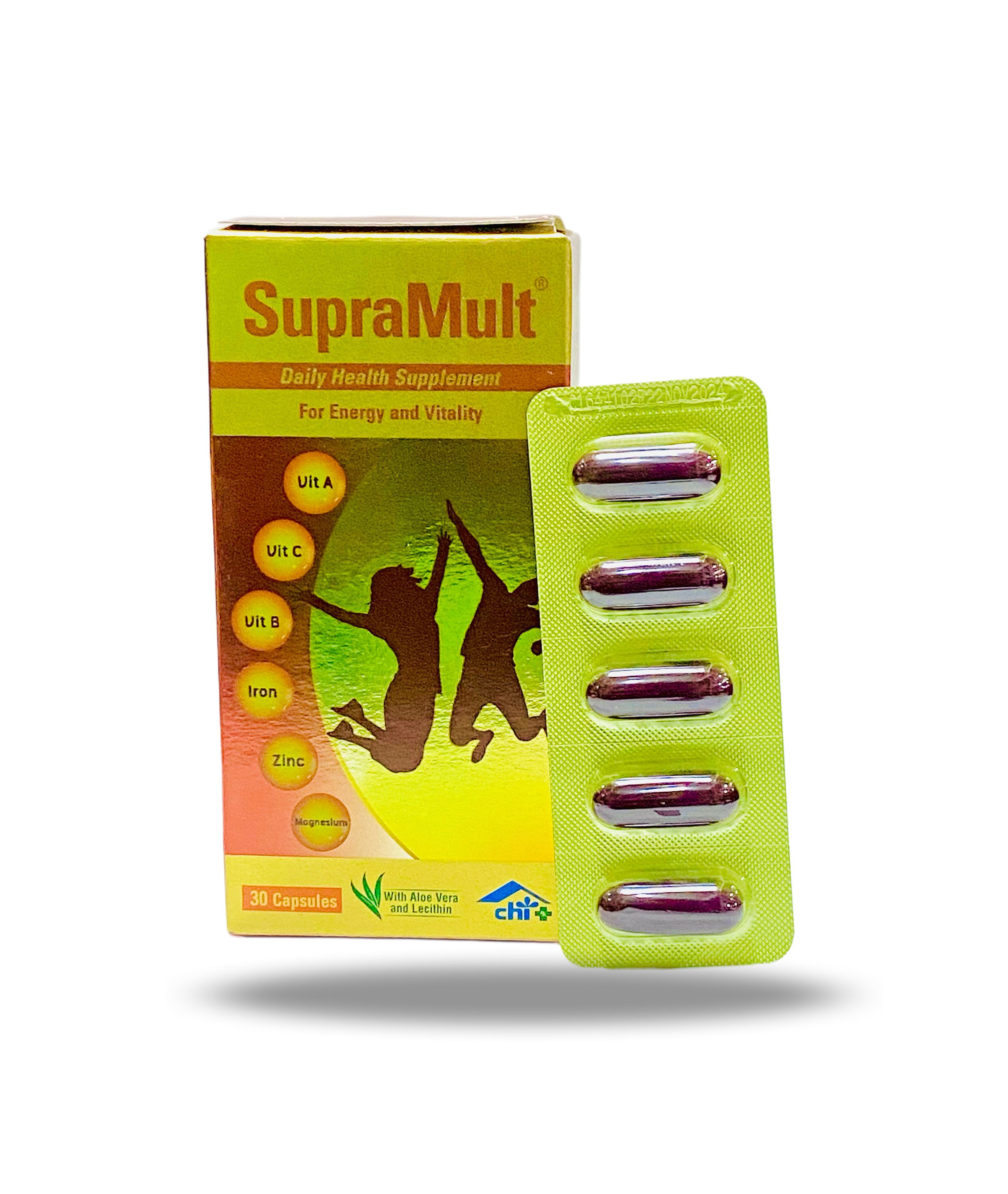
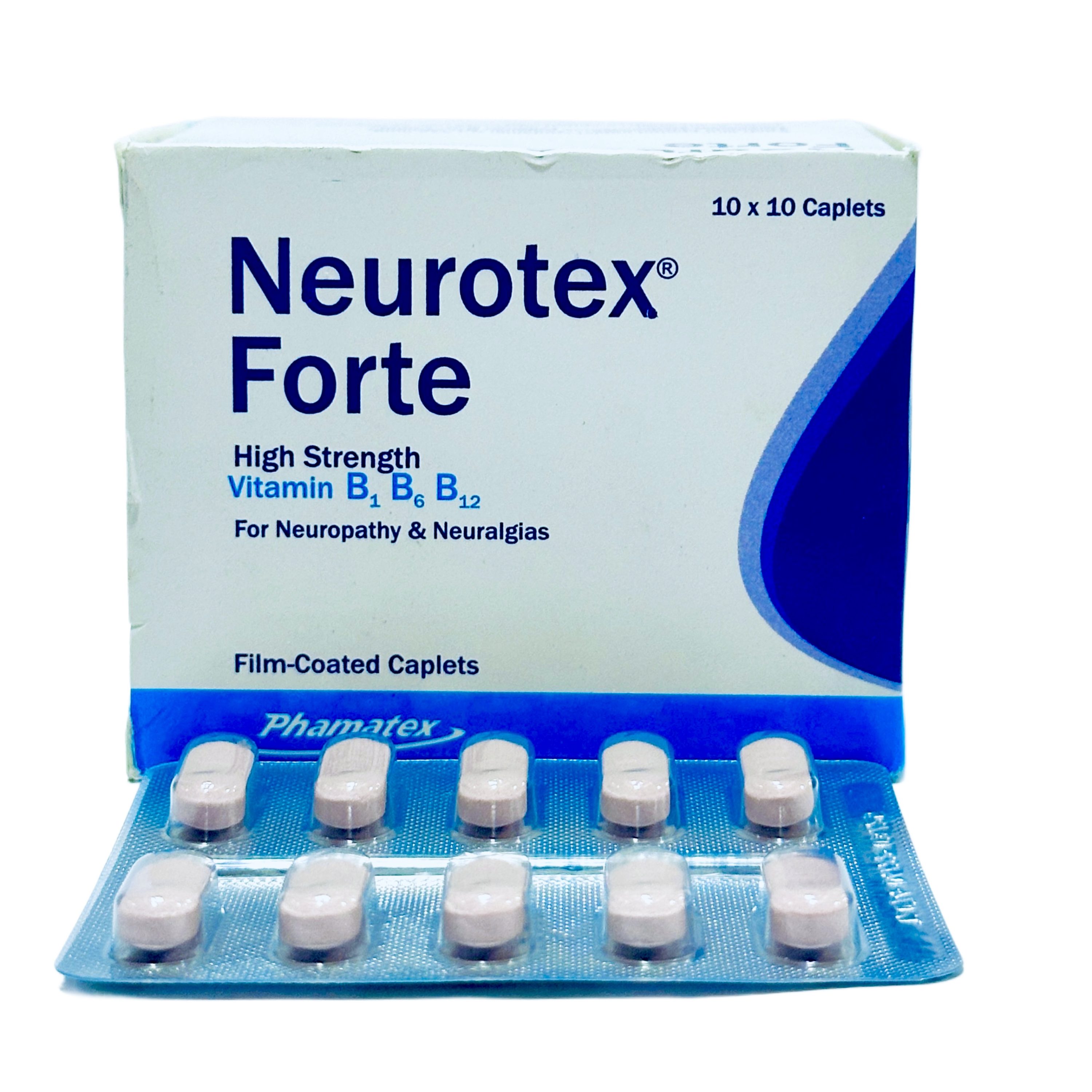
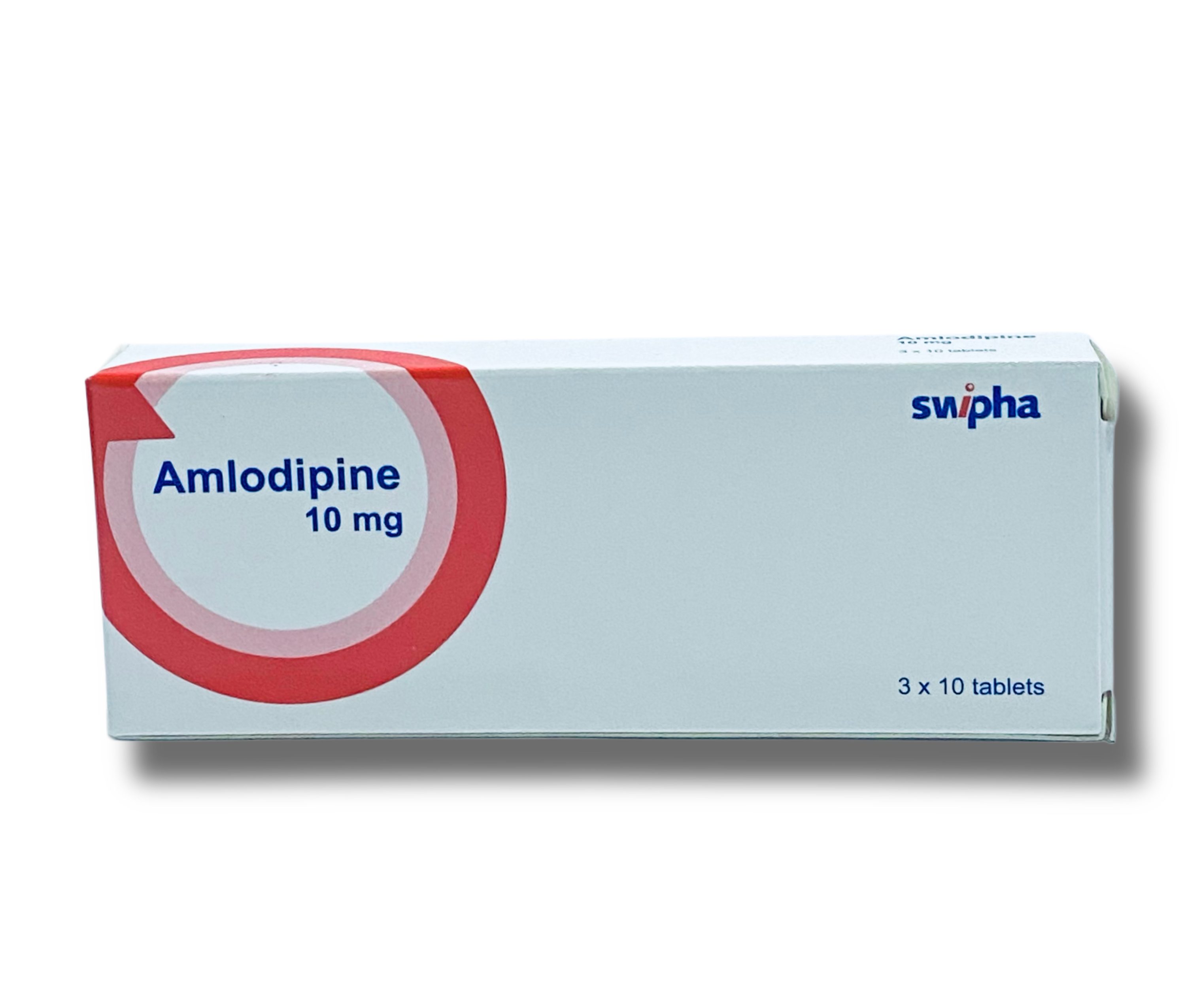
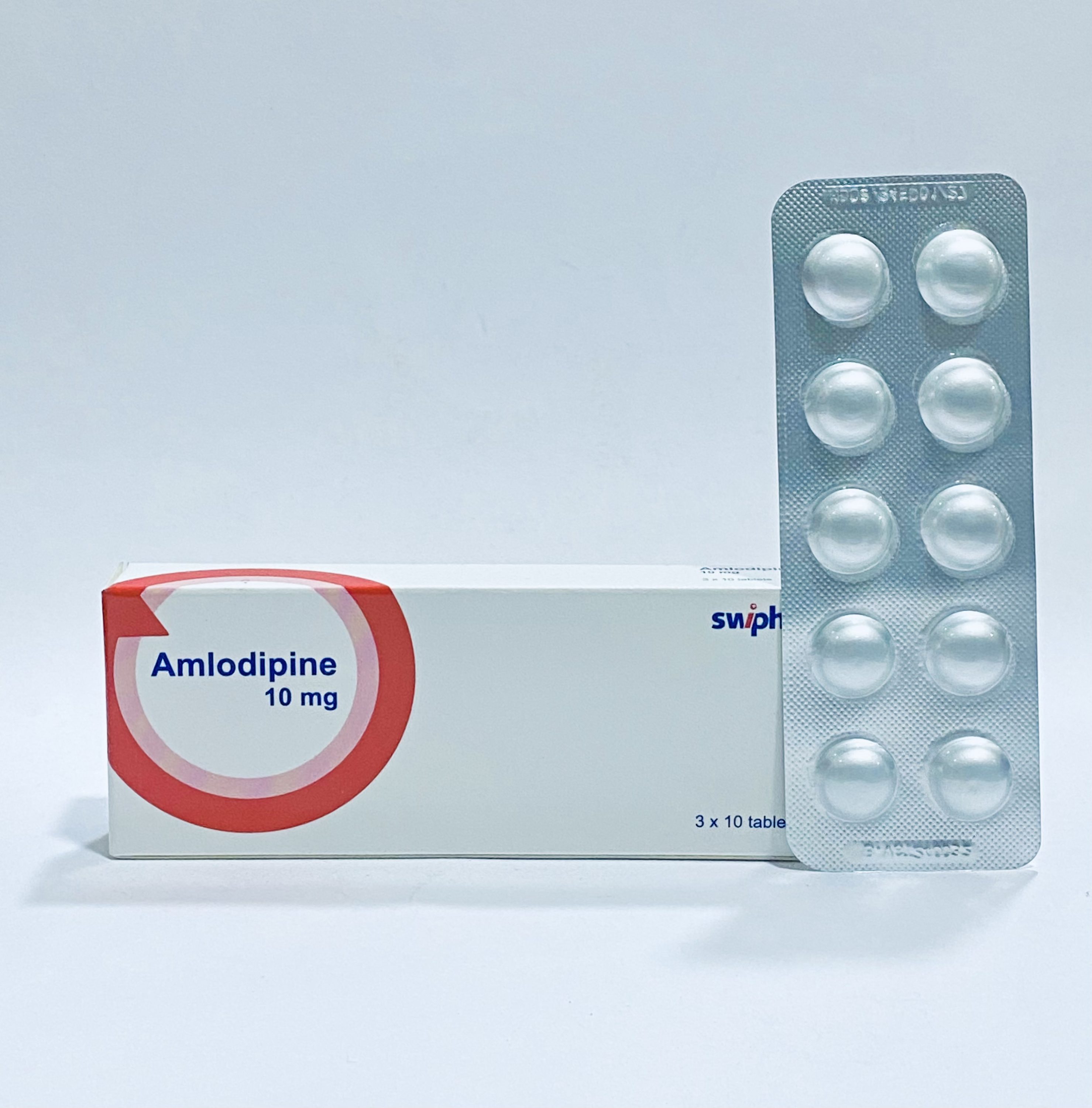
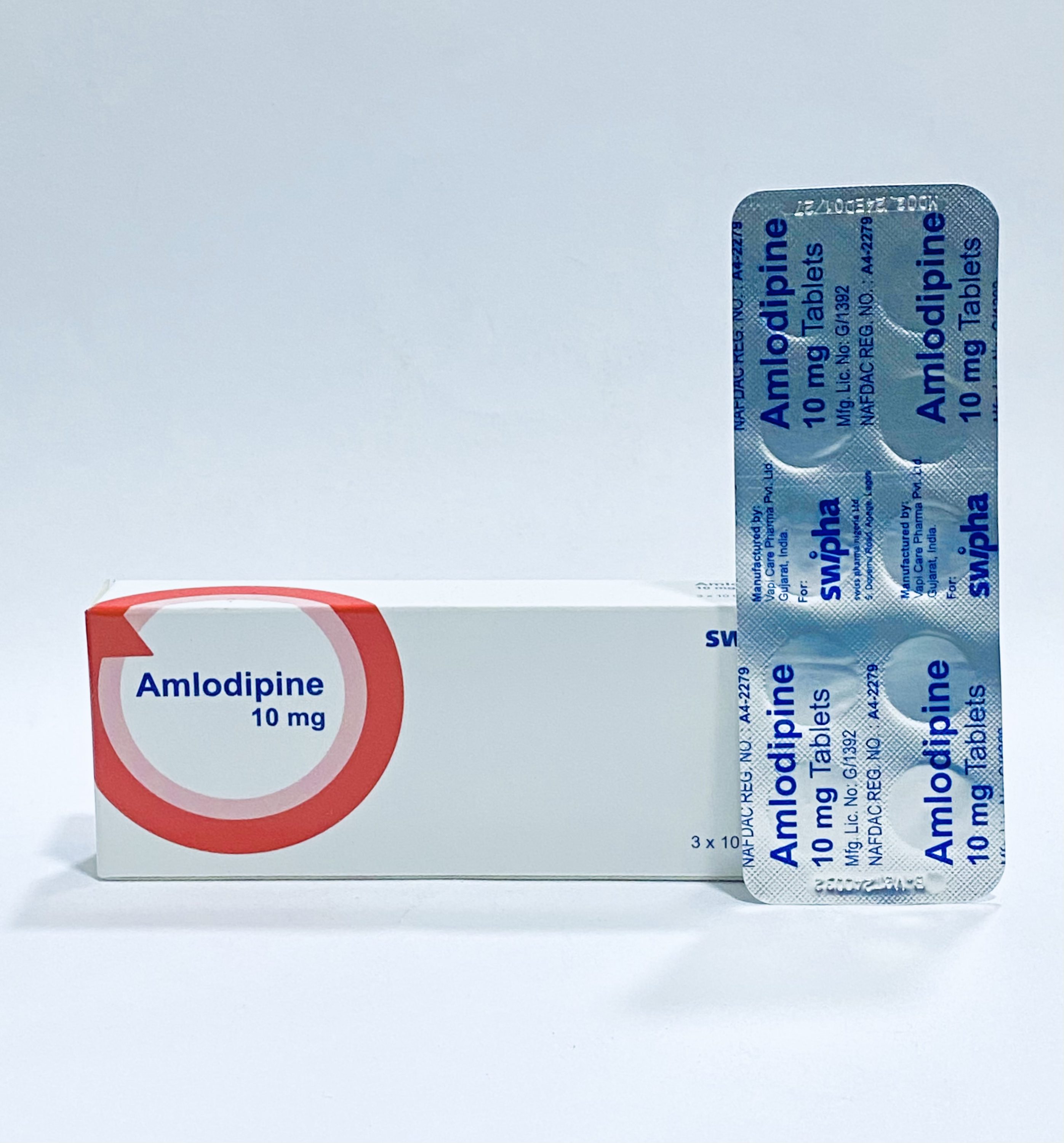
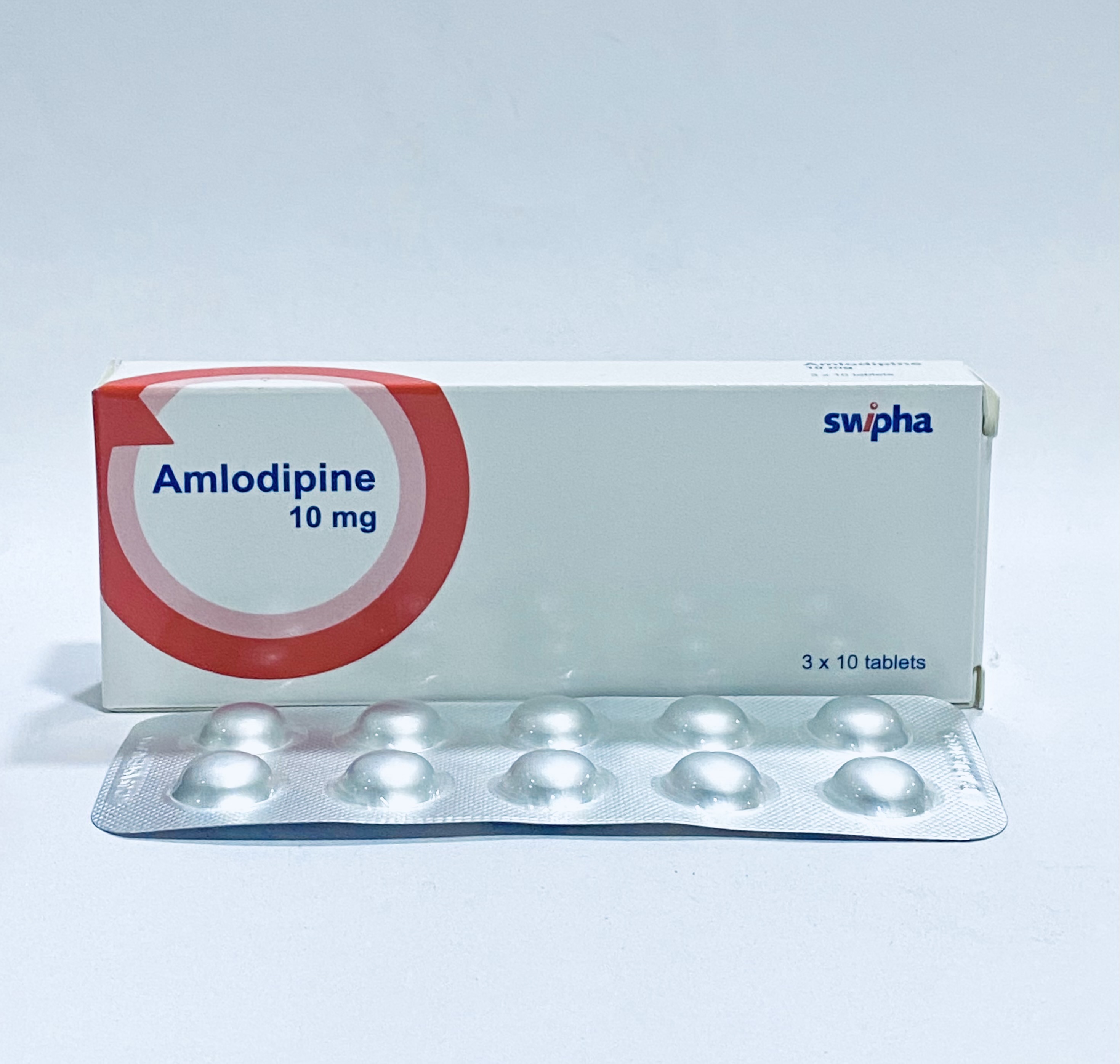
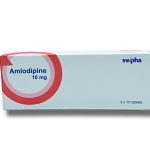

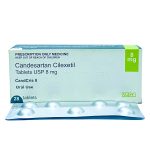
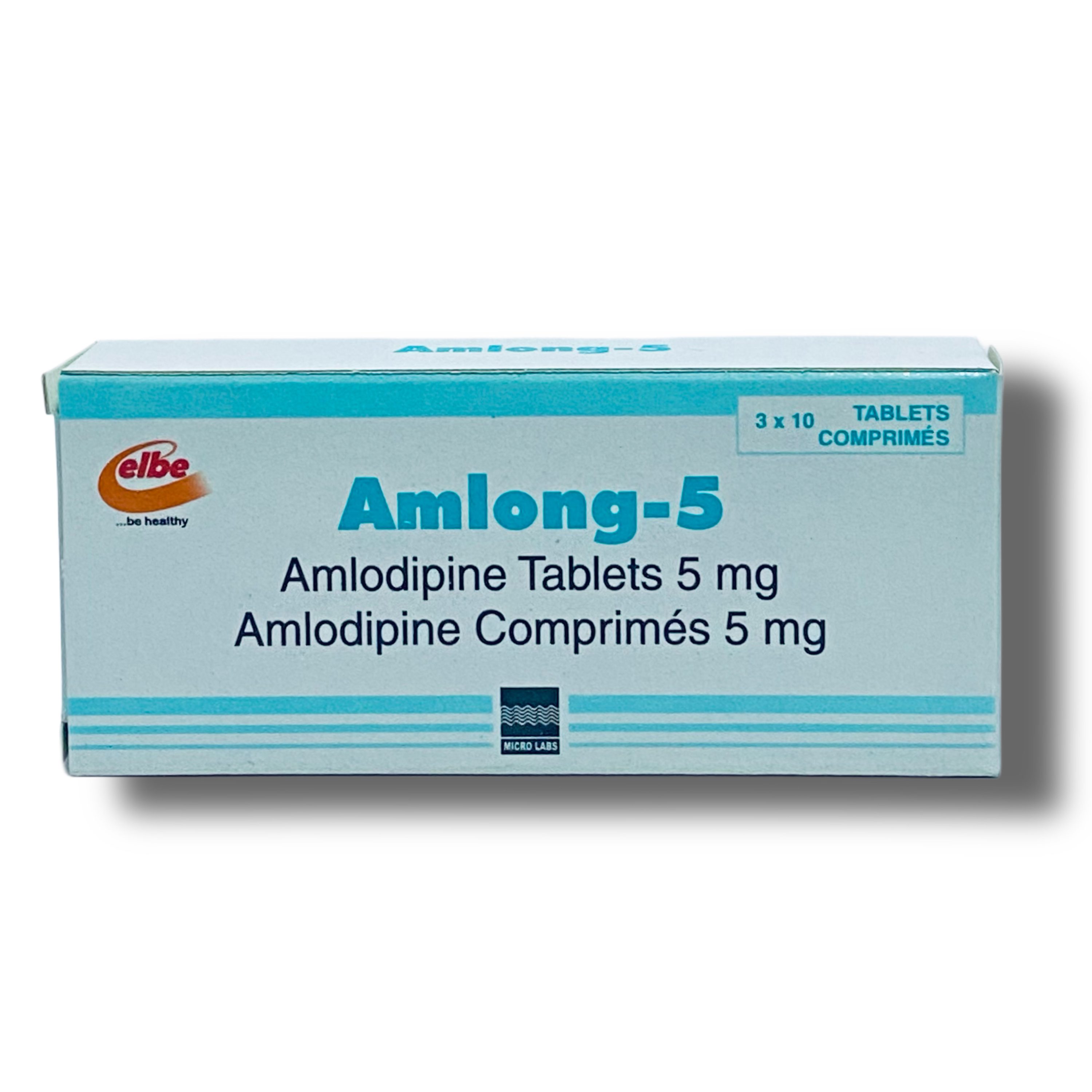
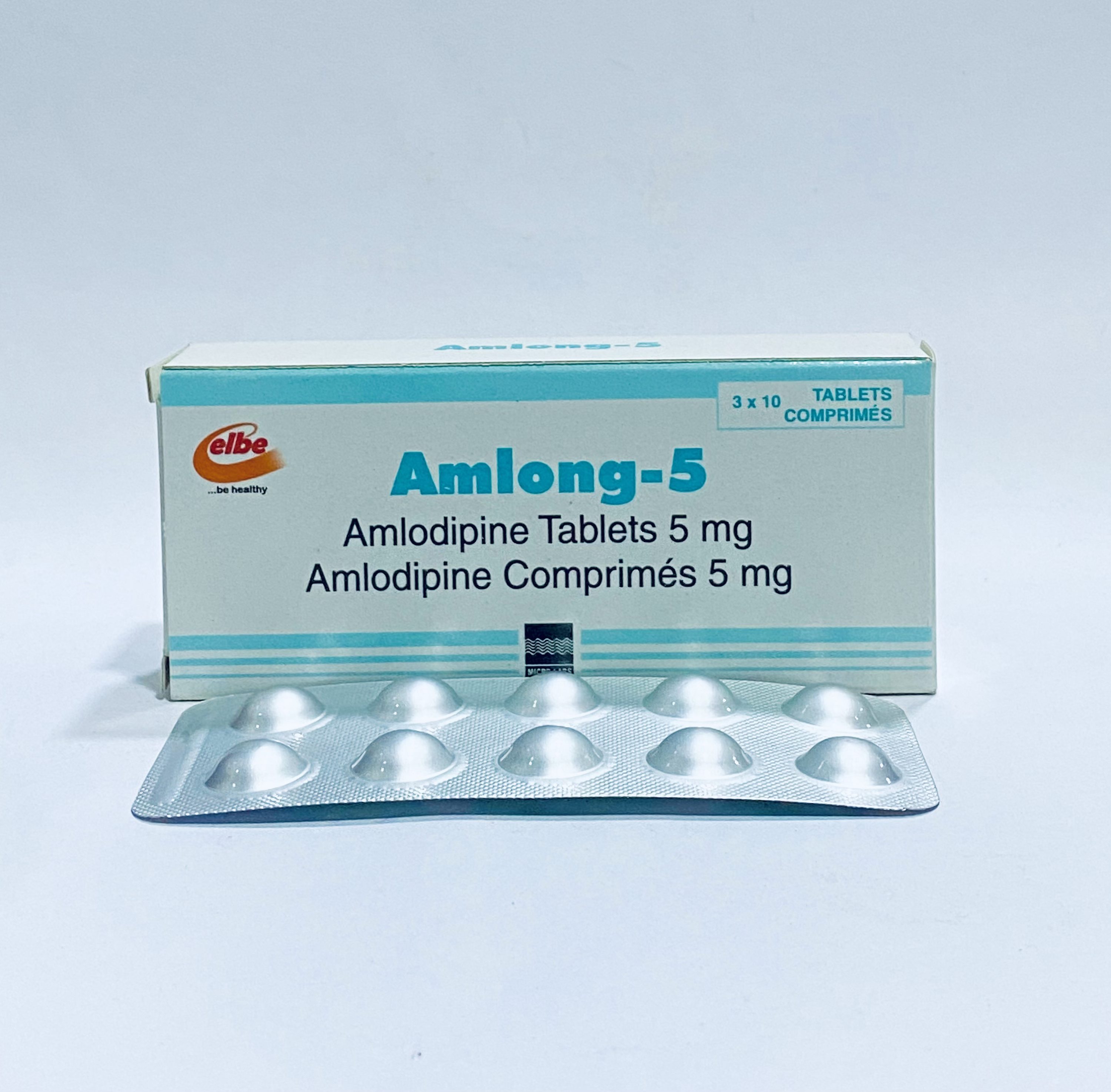
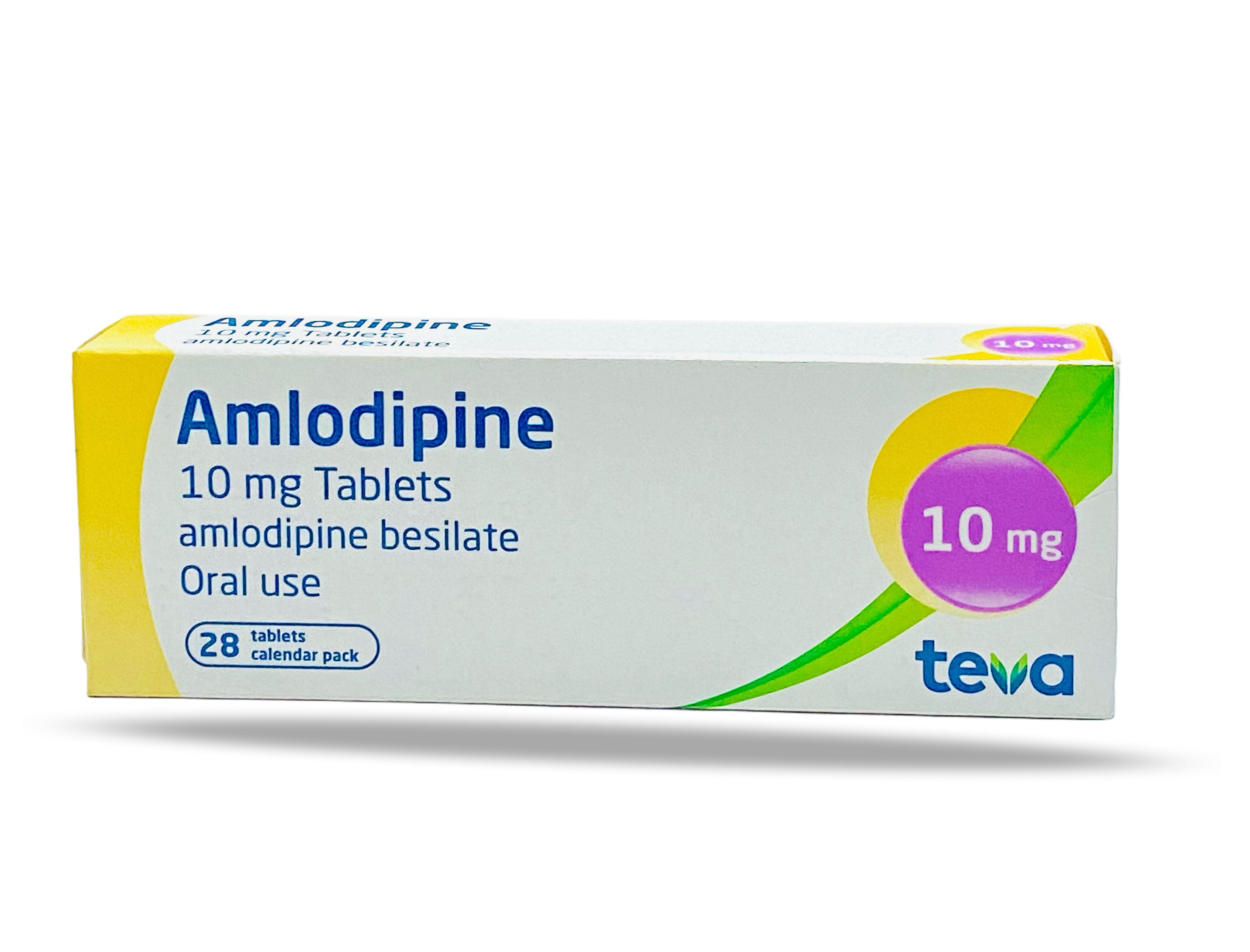
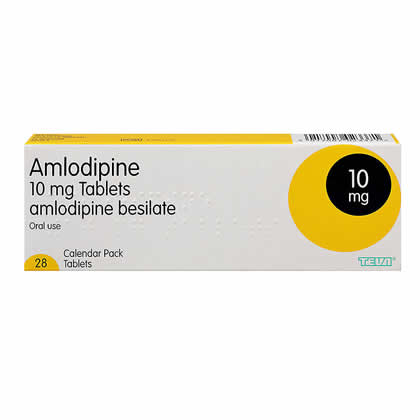
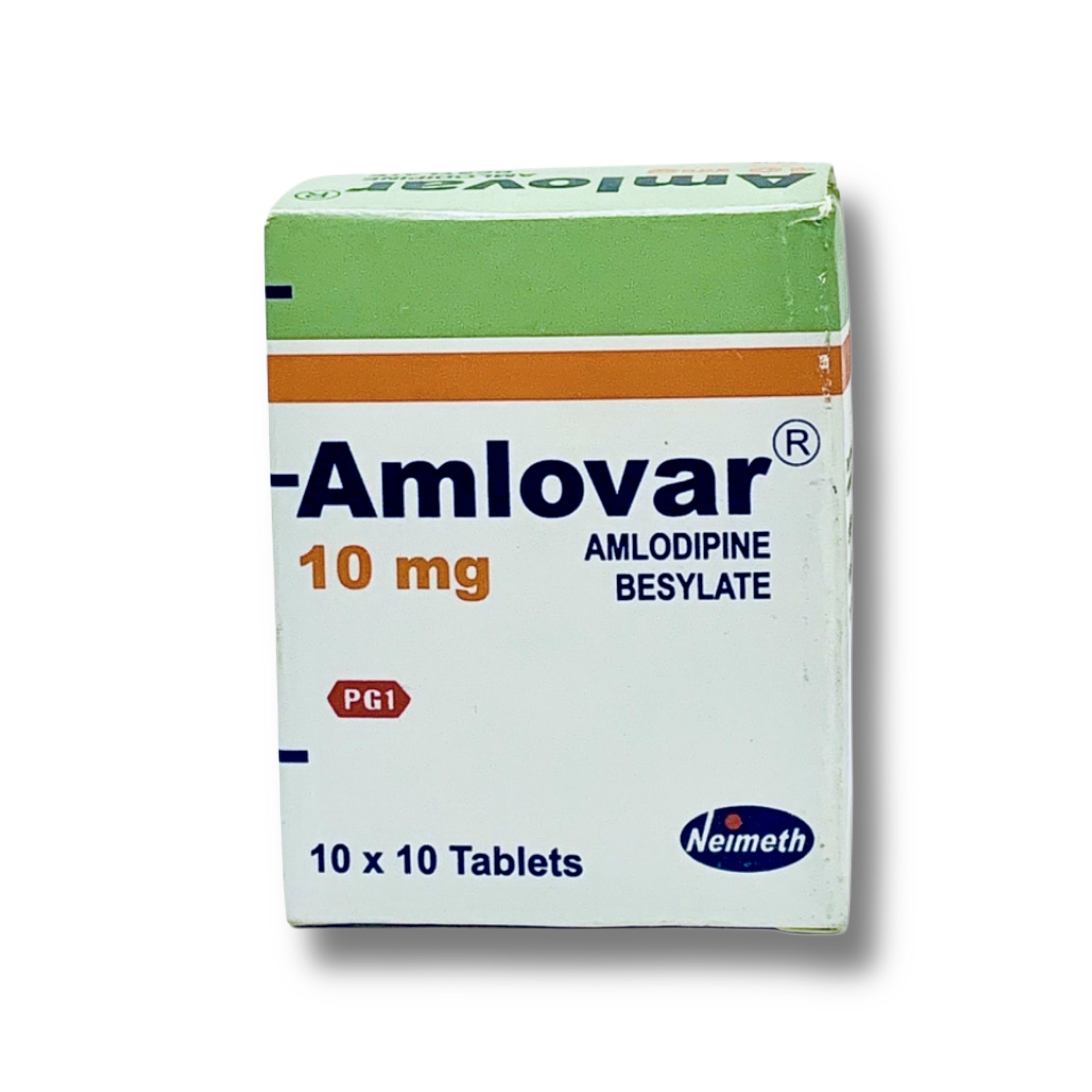
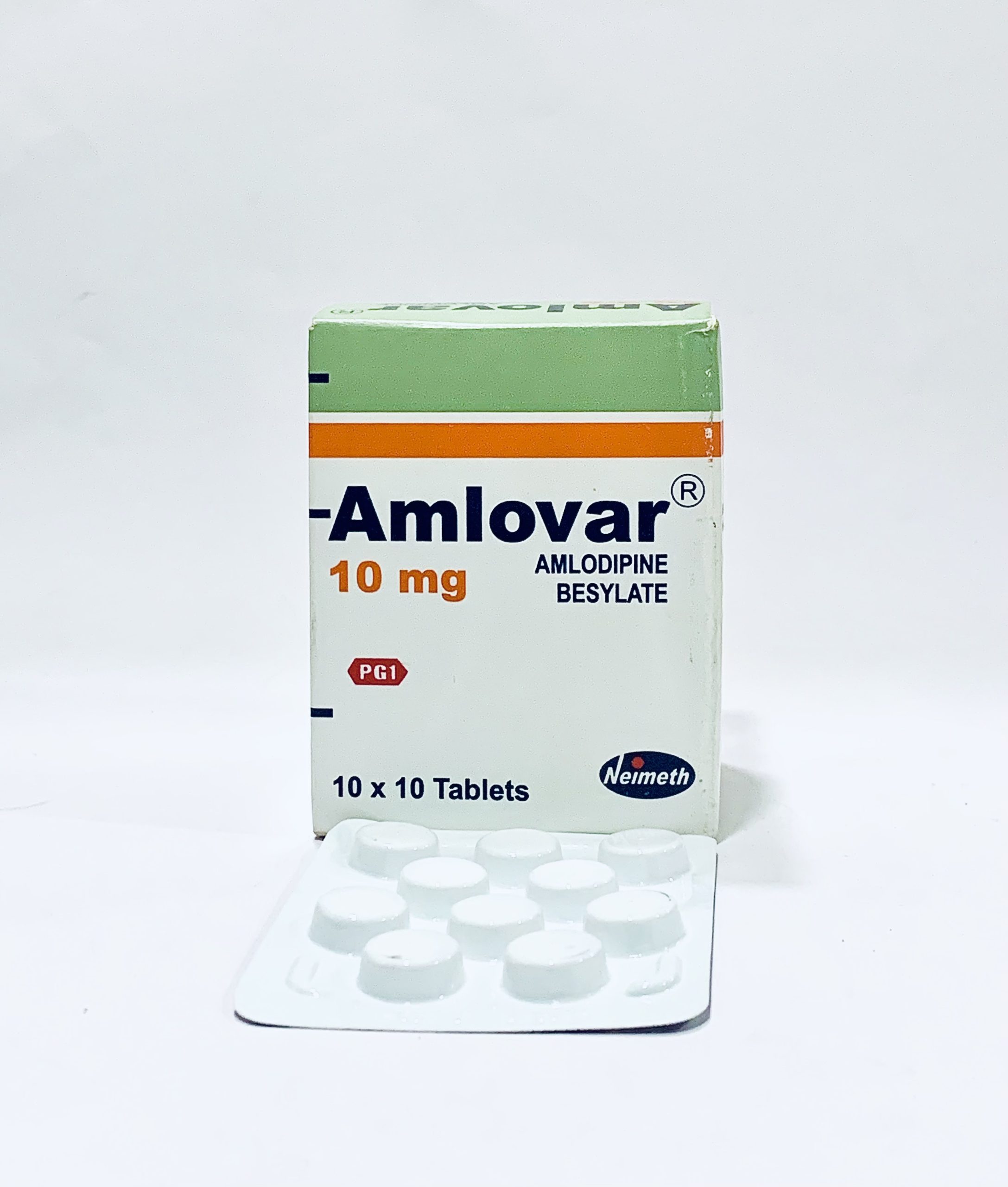

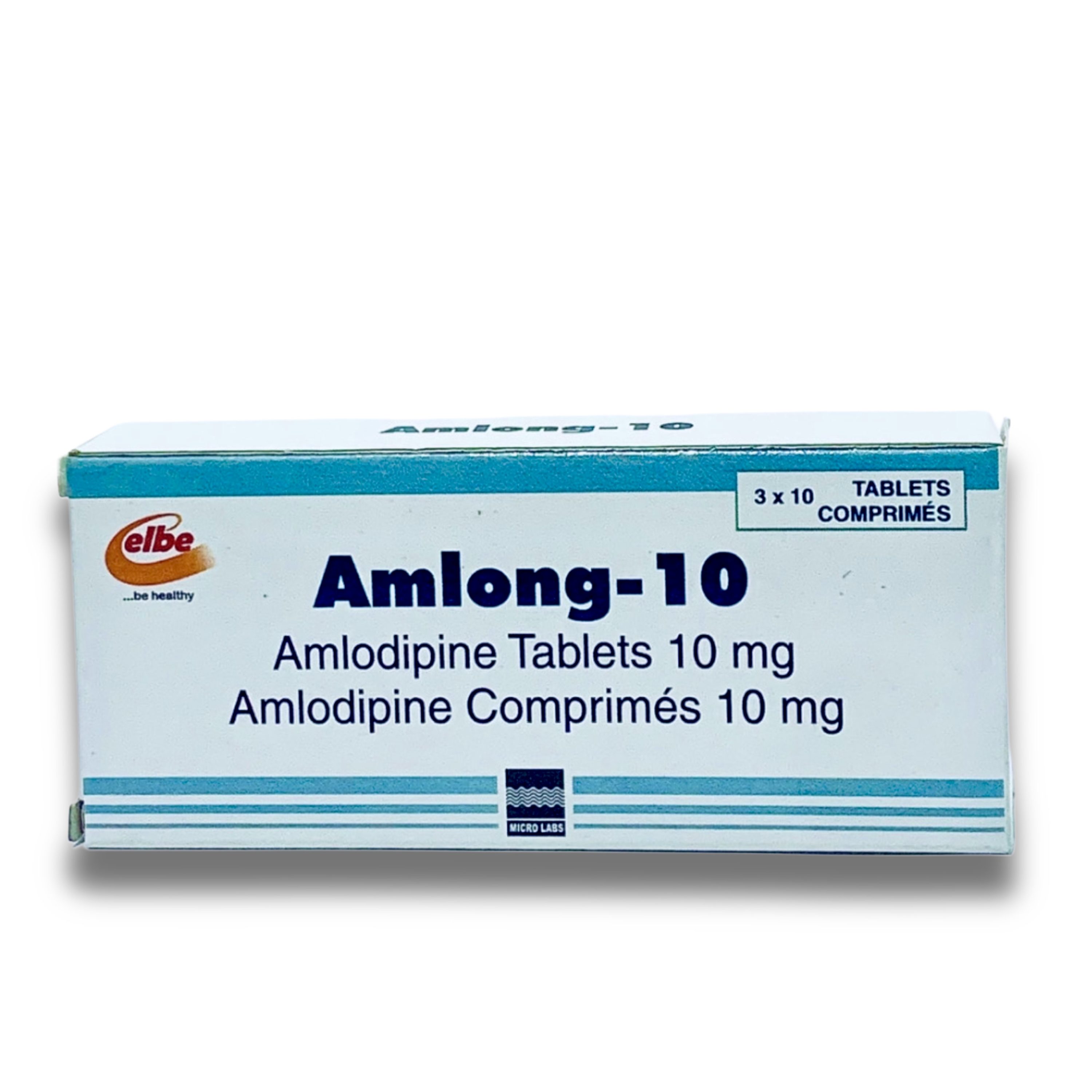
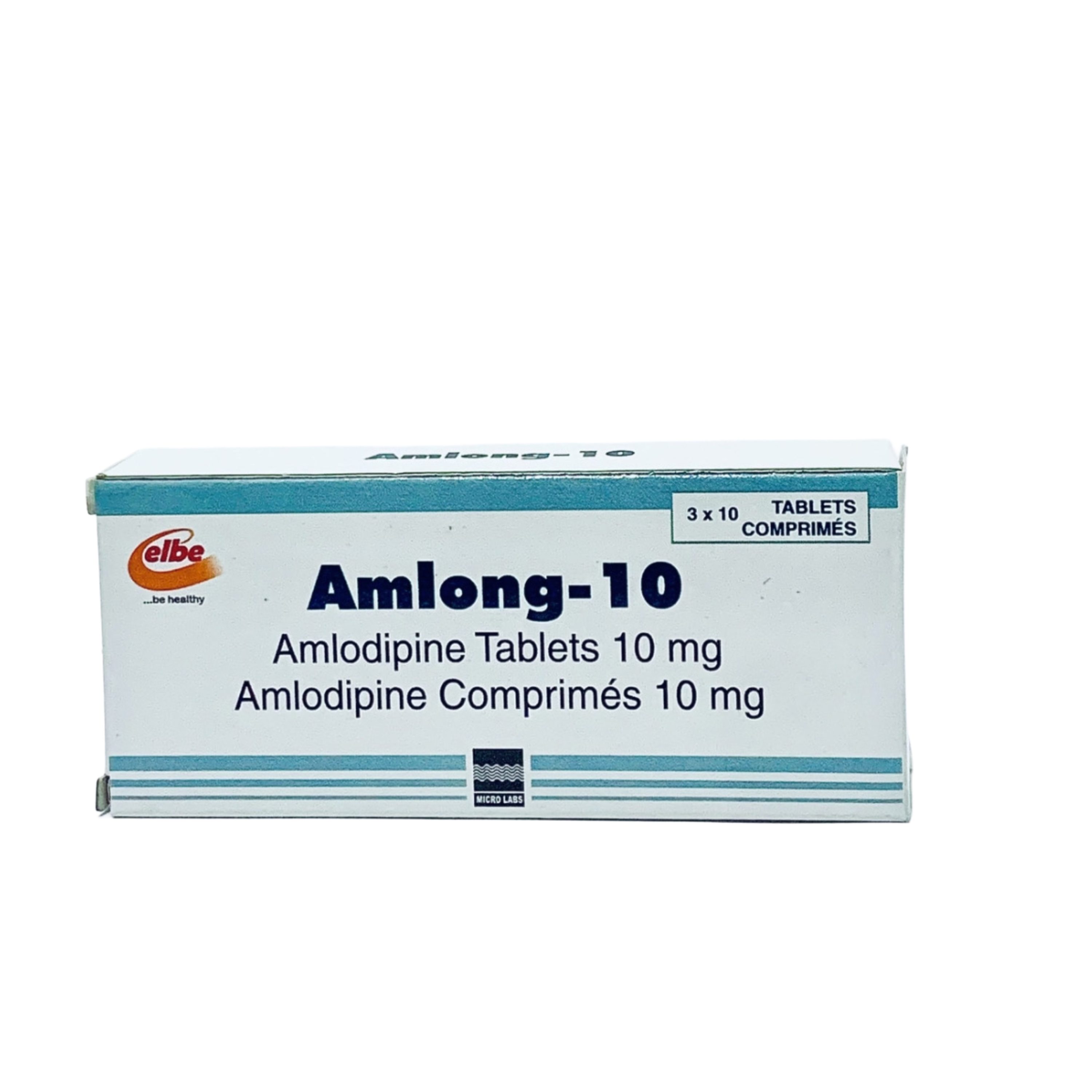
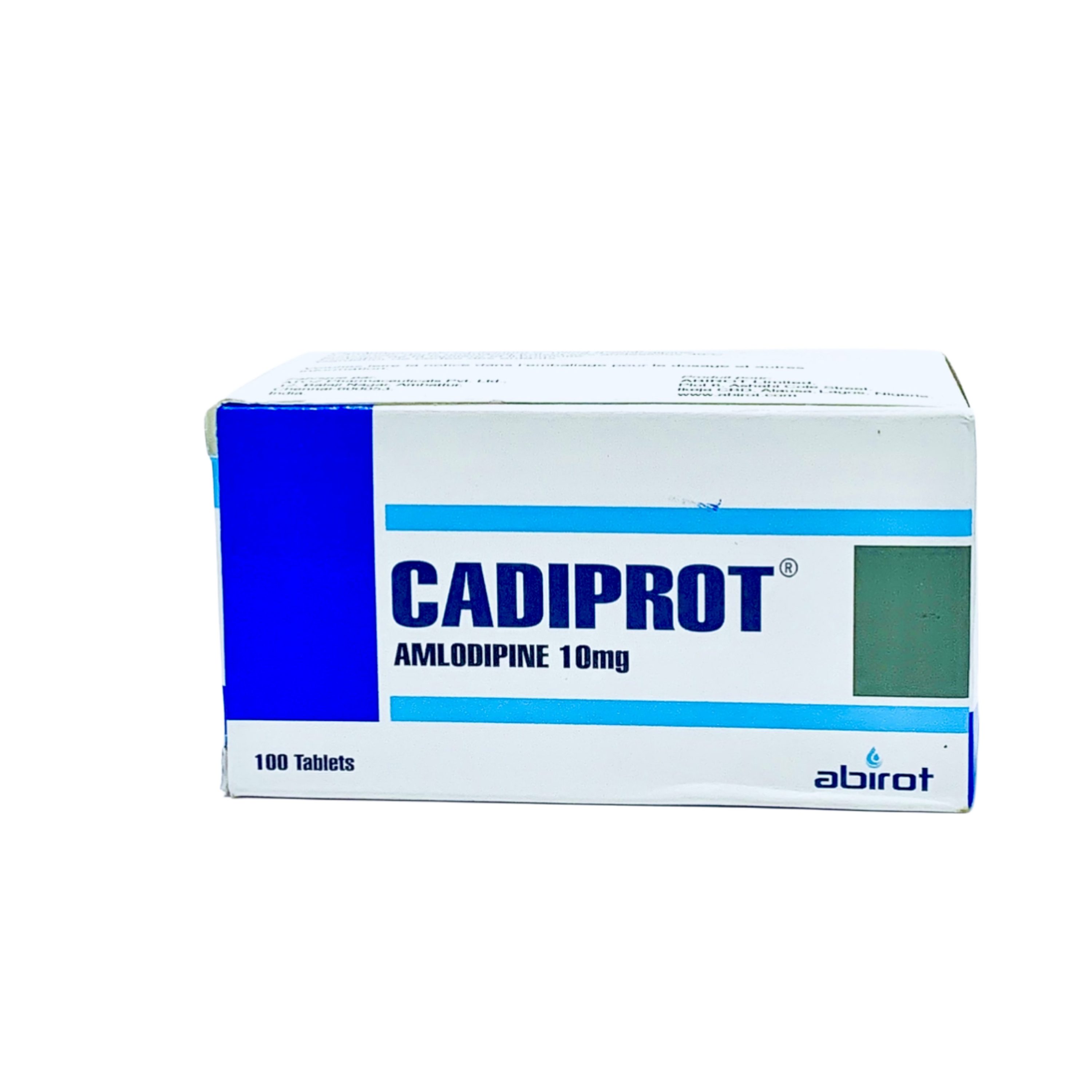
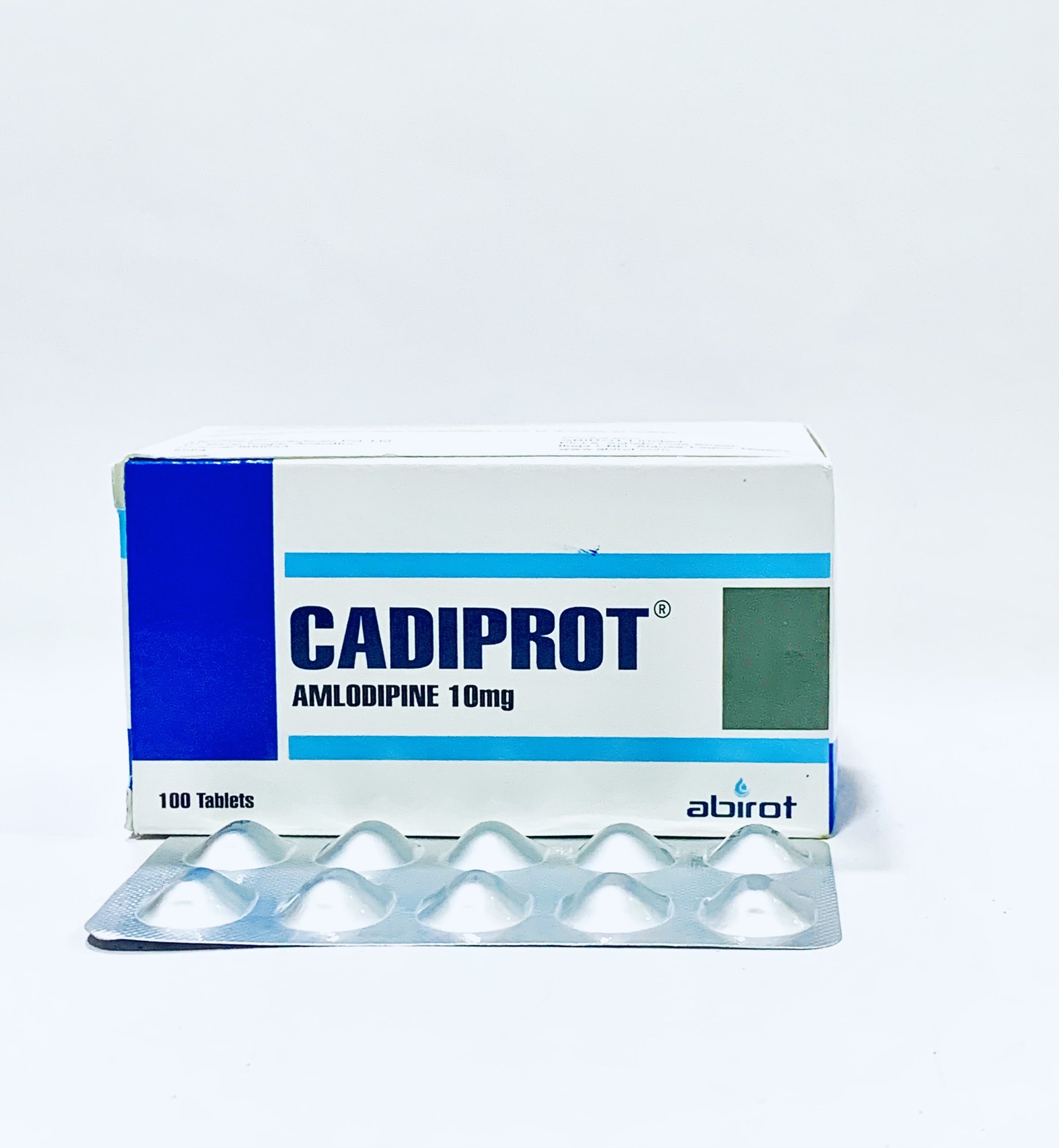
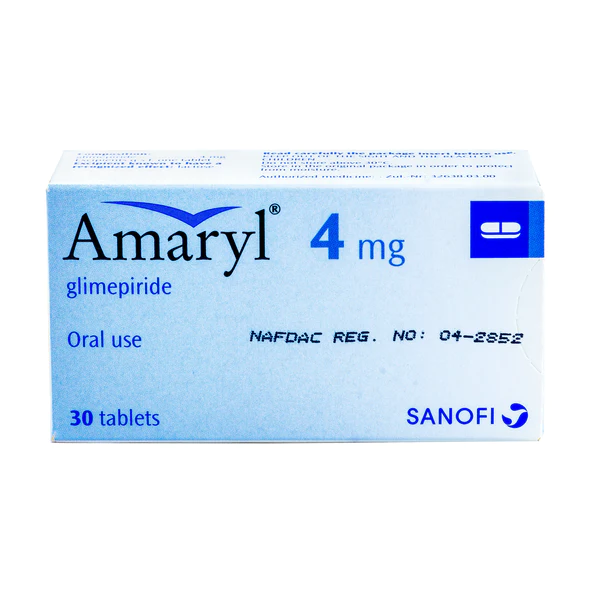
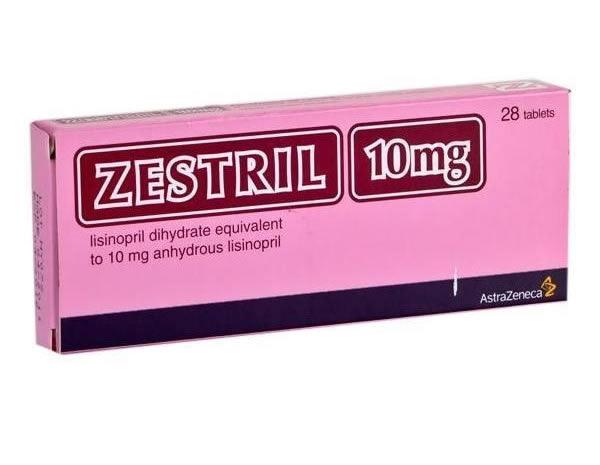

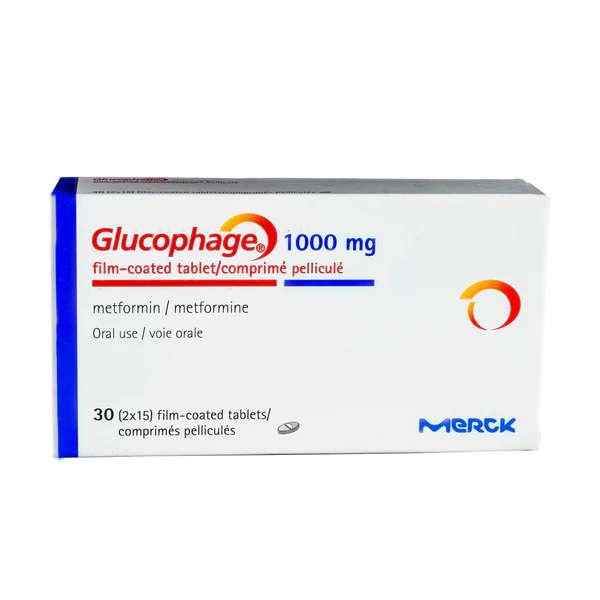
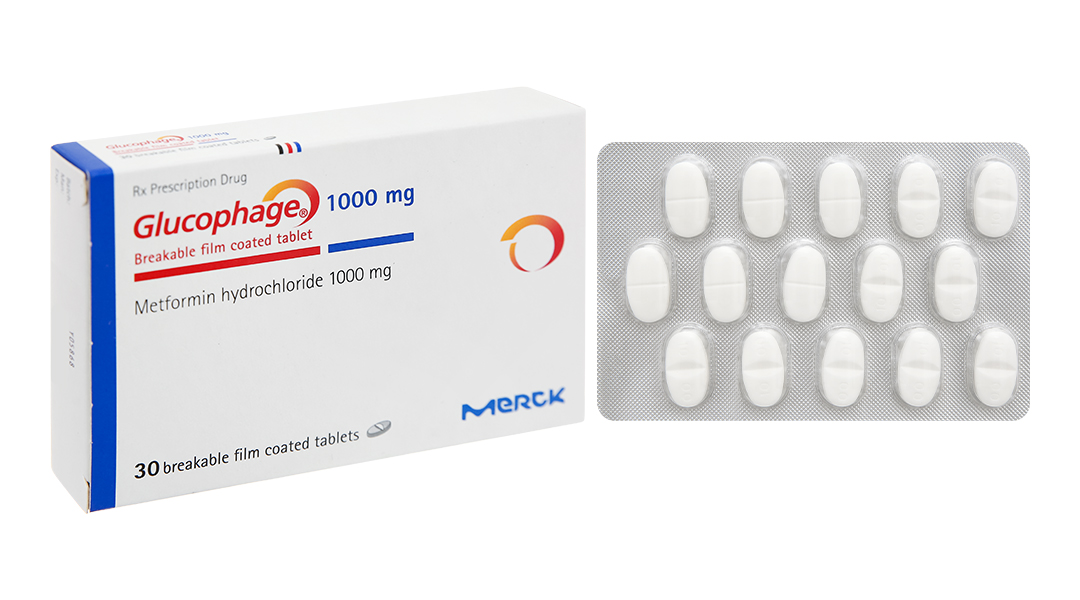
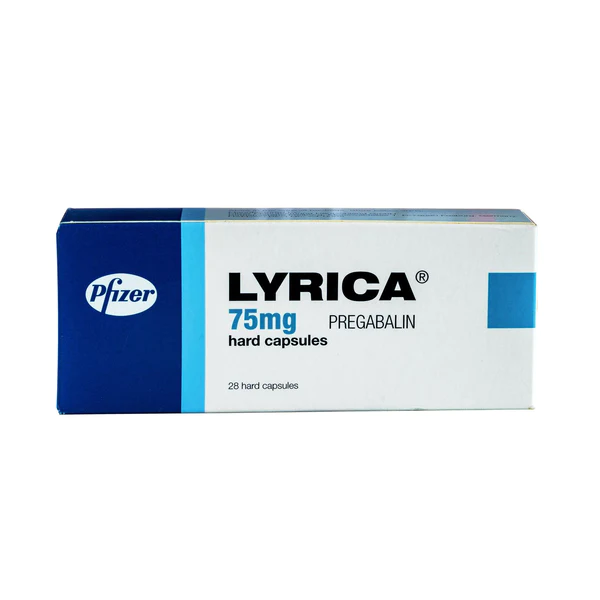
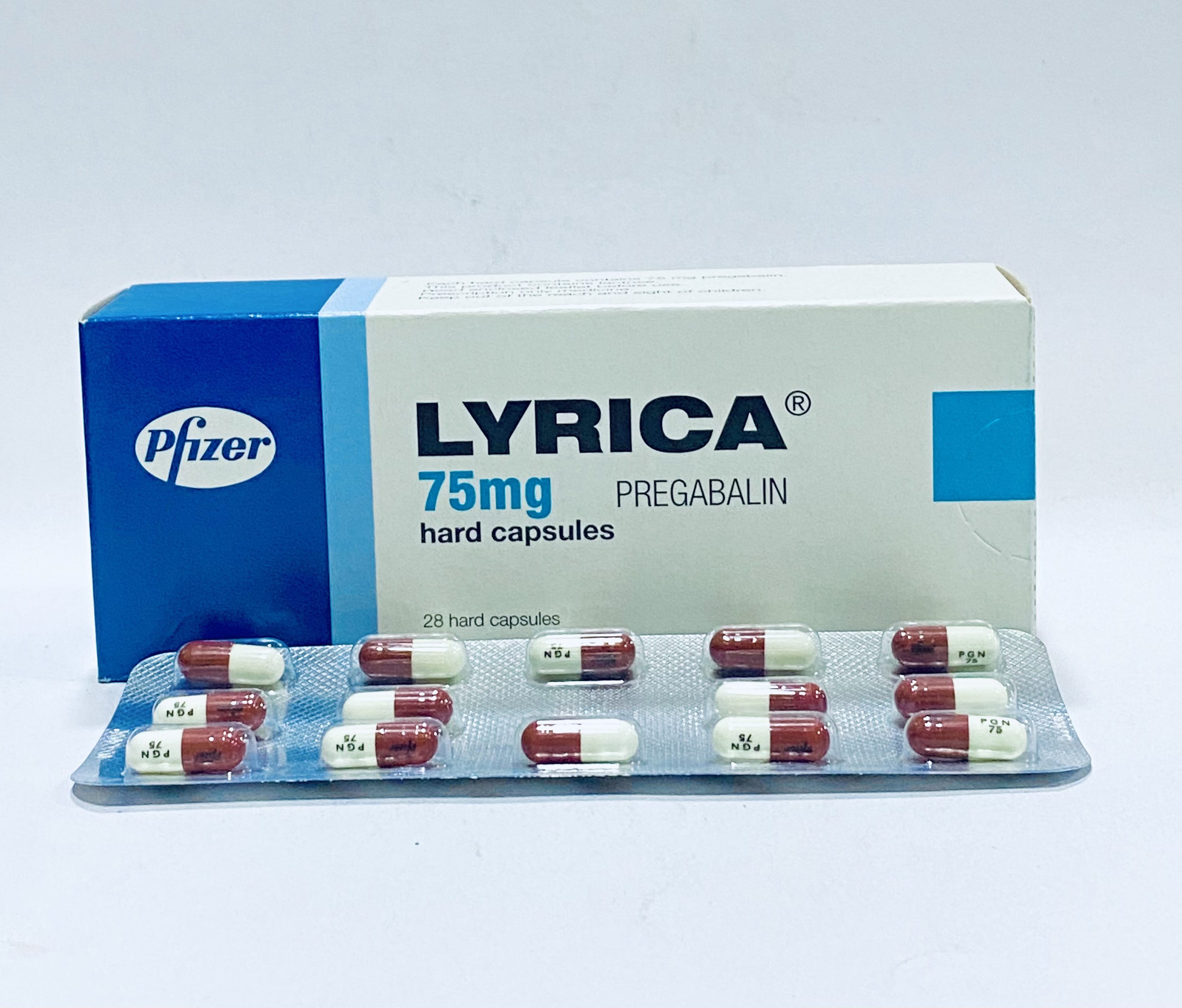
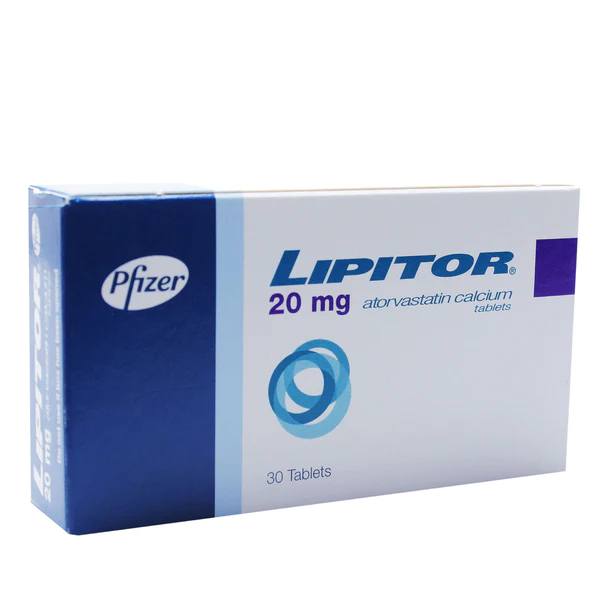
Reviews
There are no reviews yet.